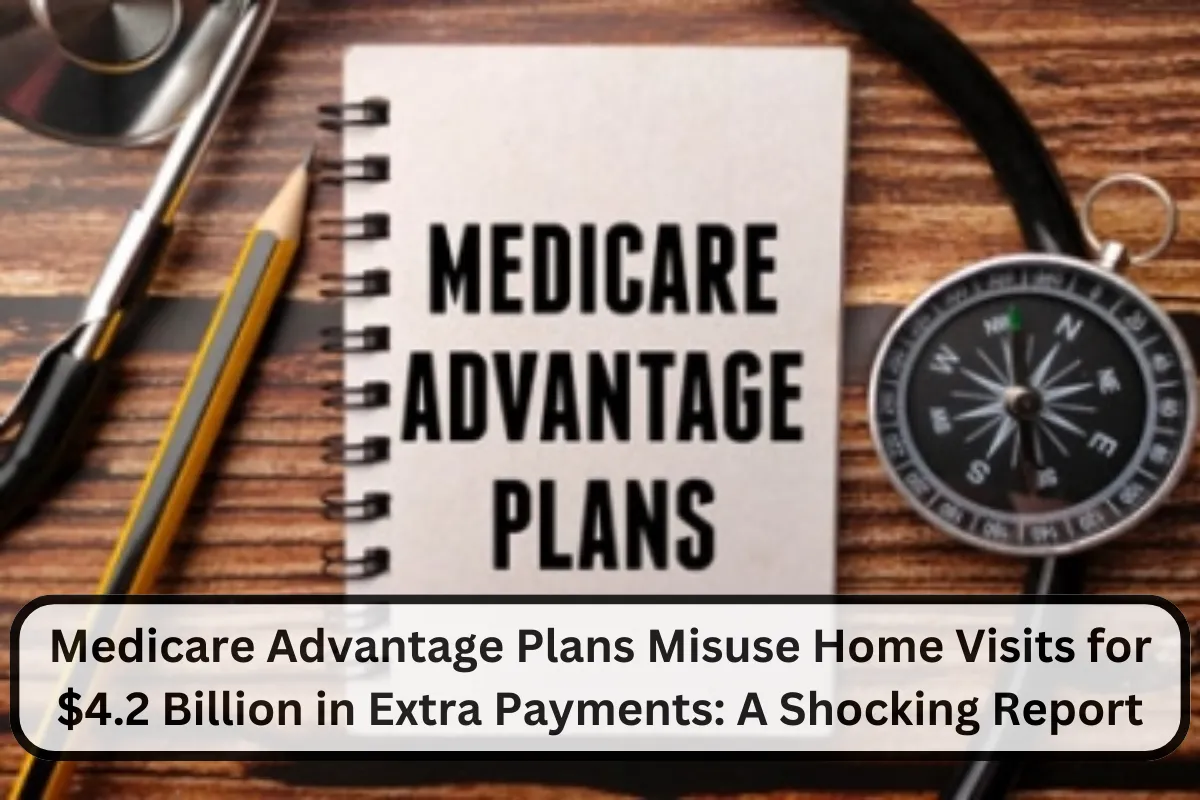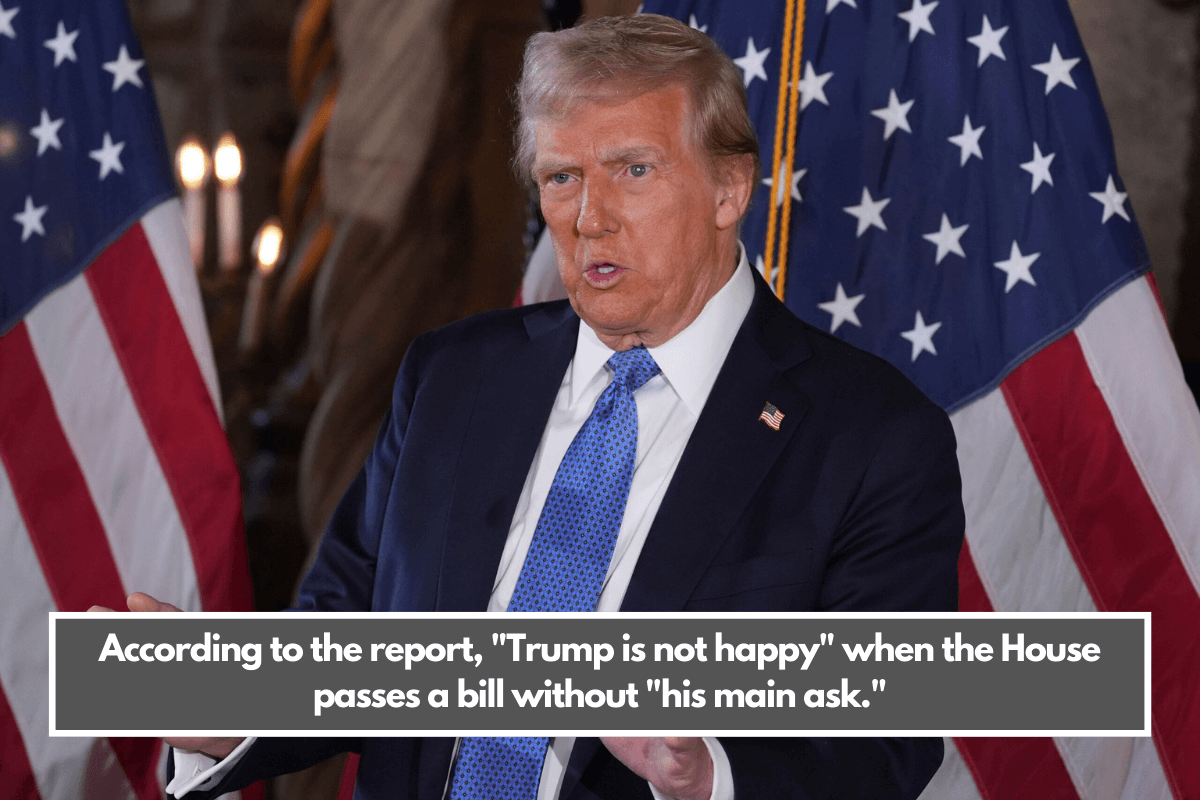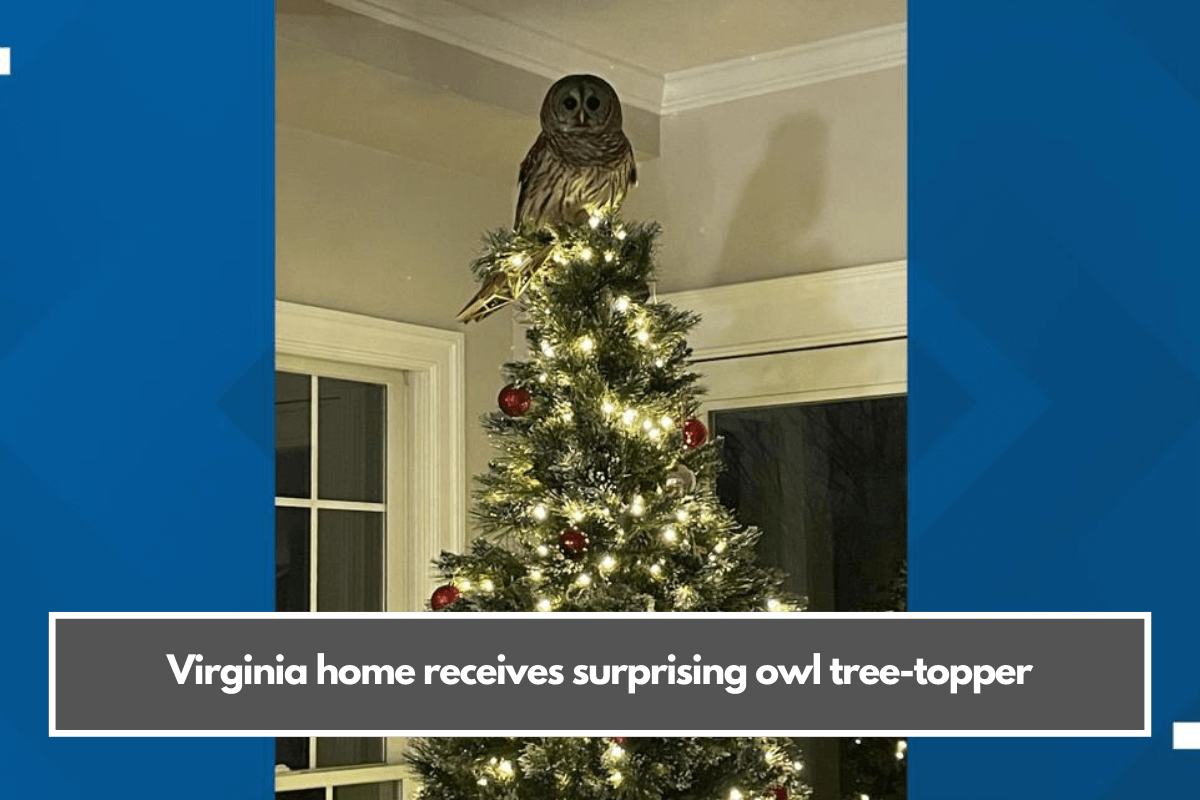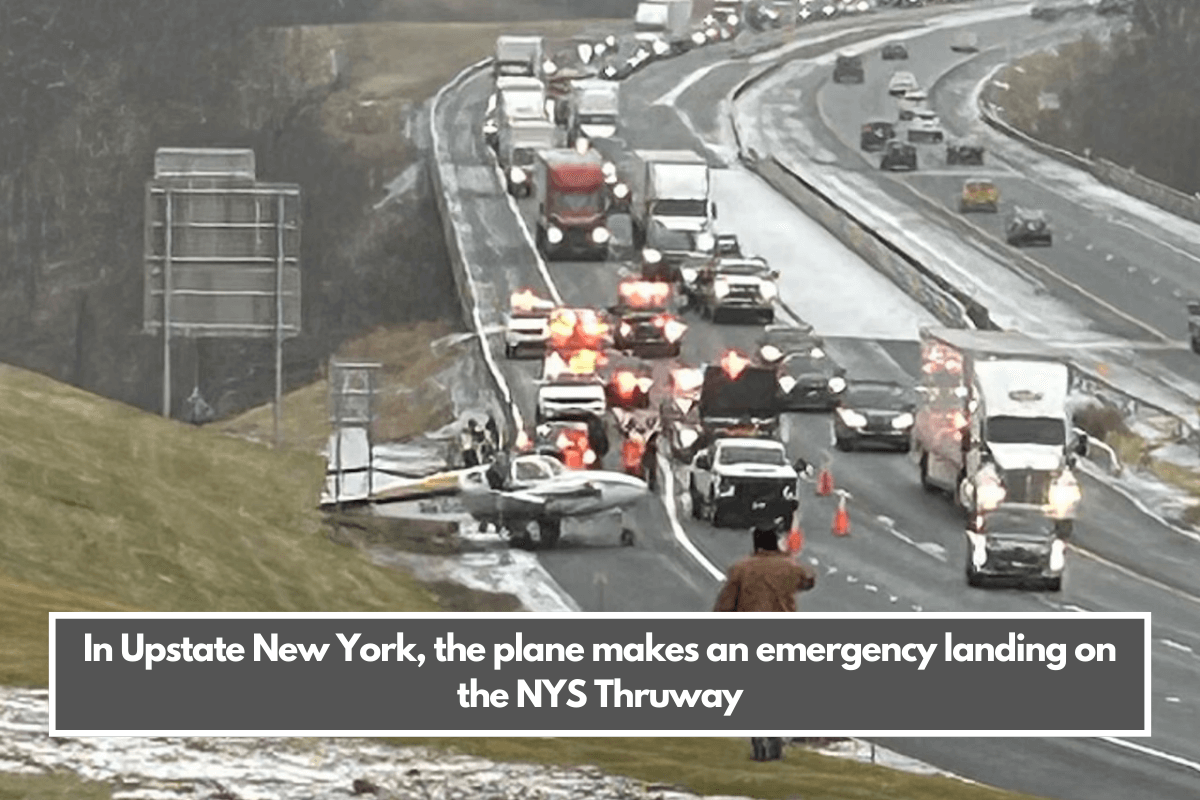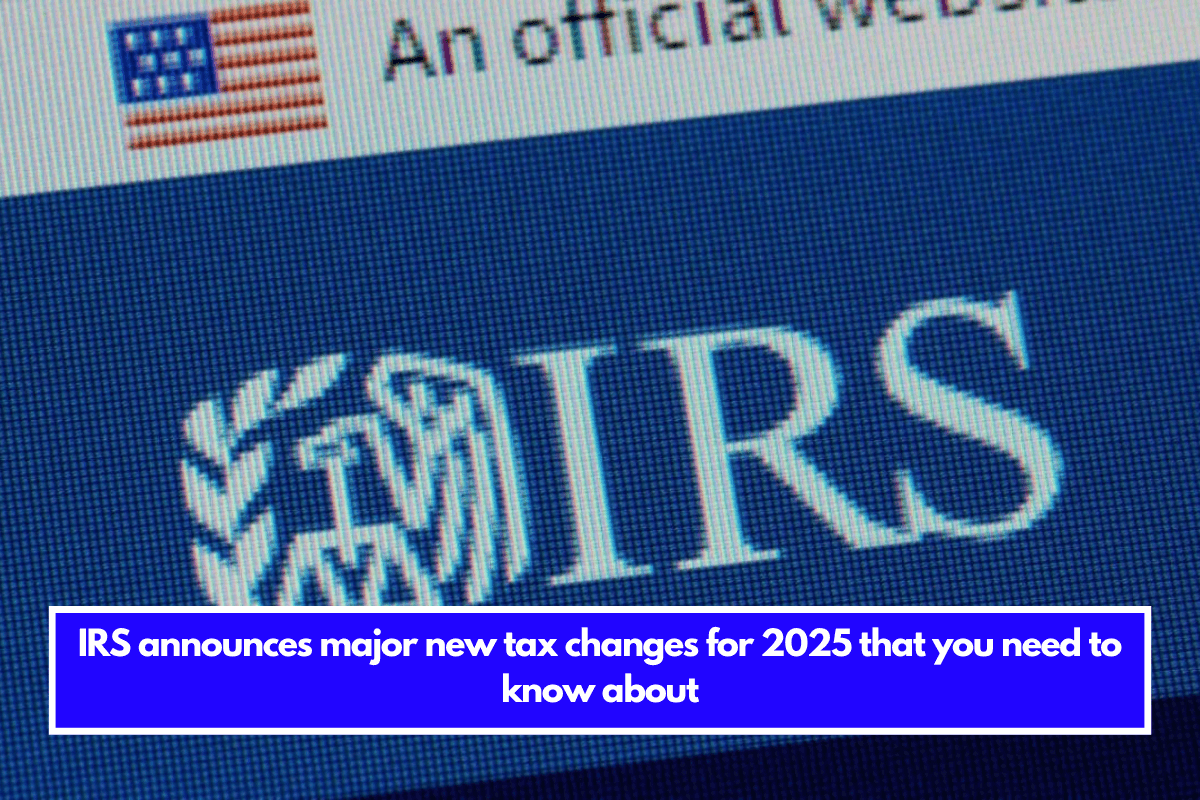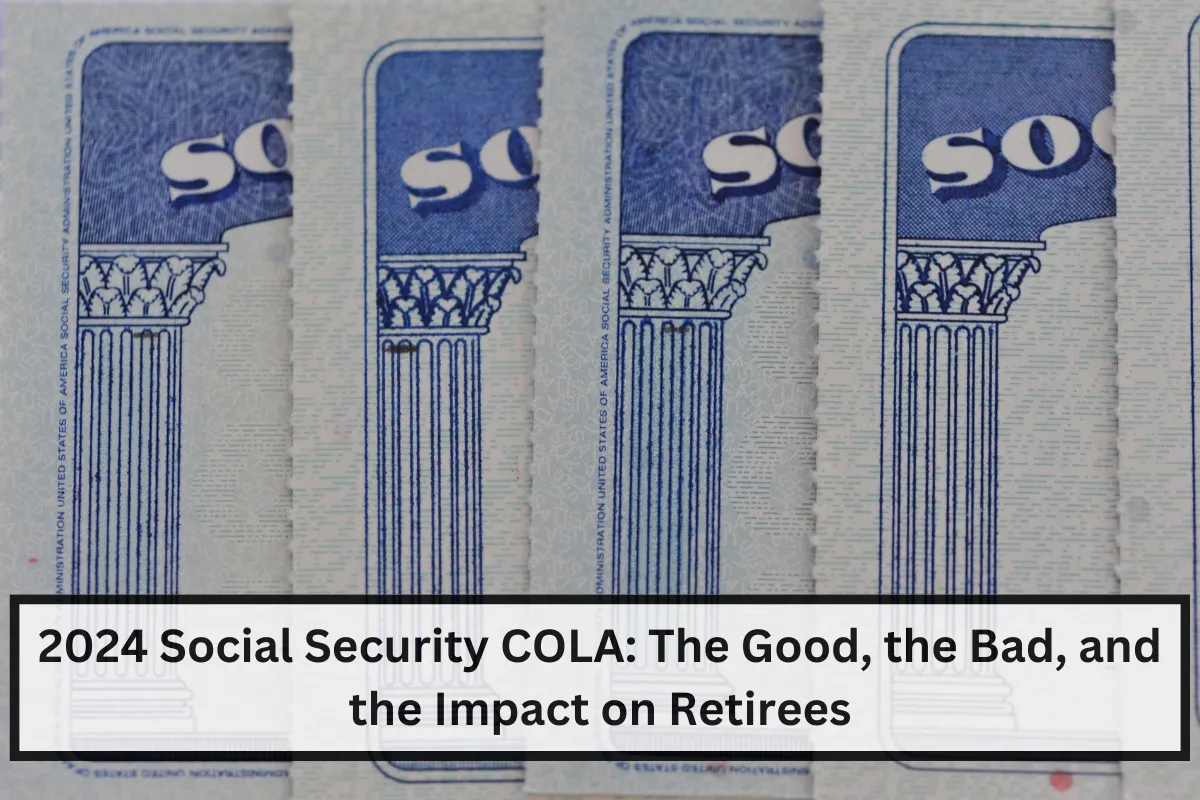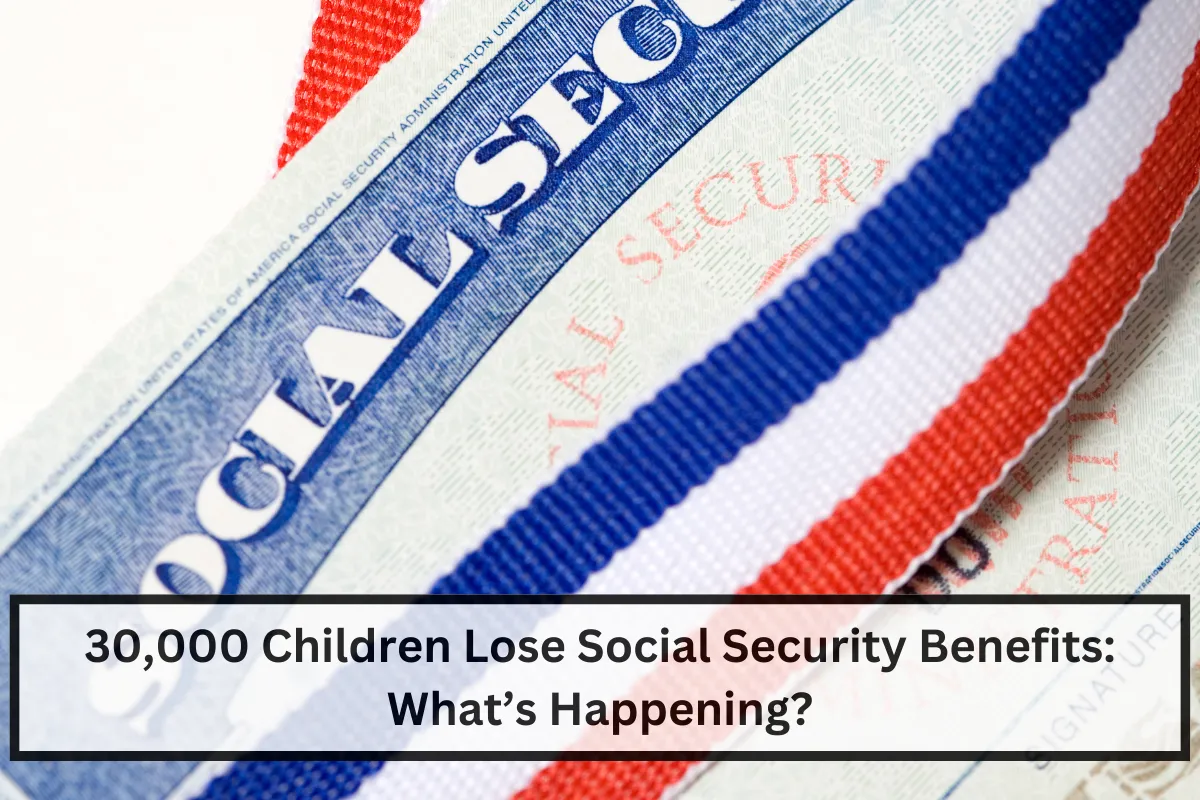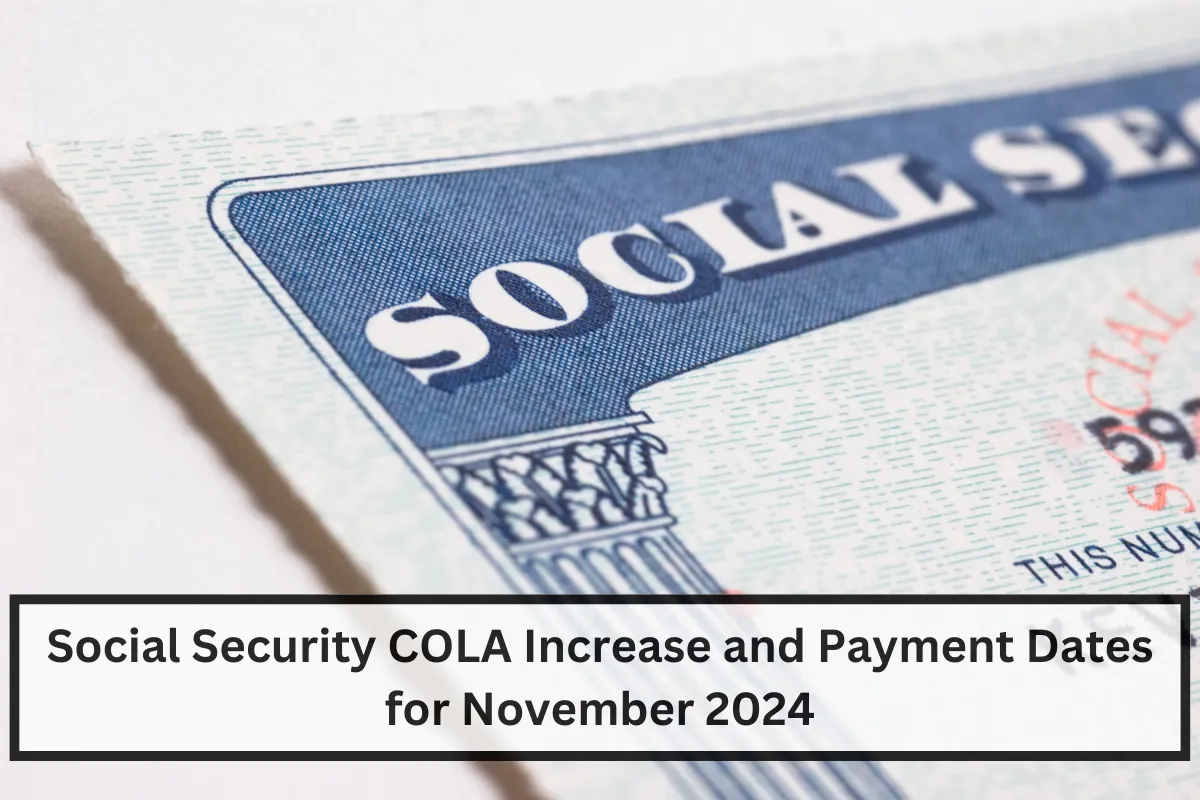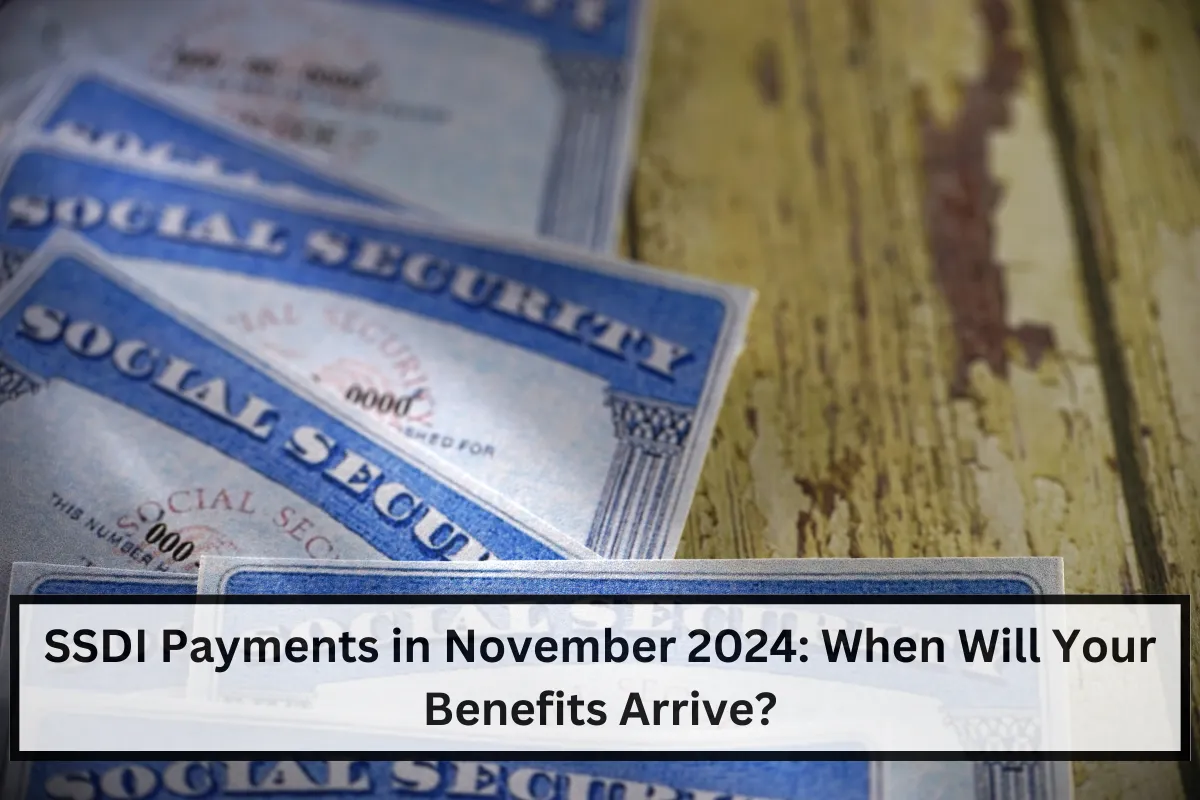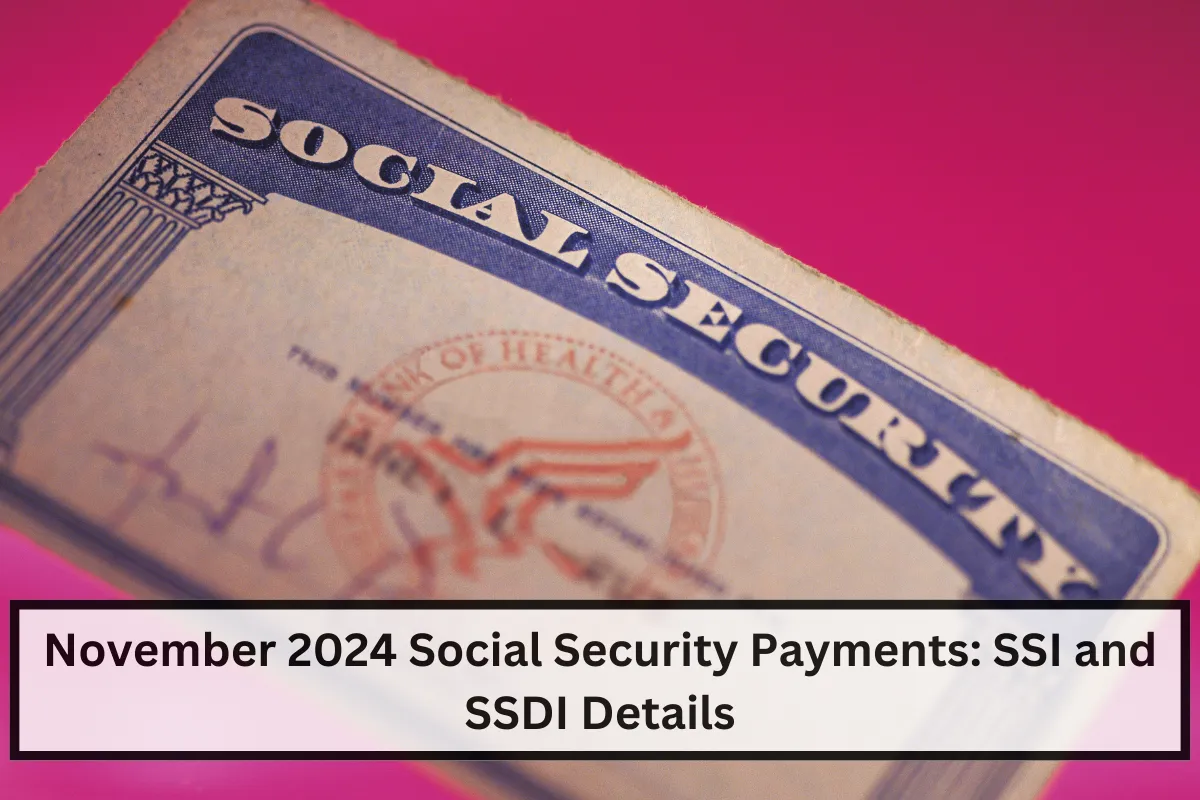A recent report has raised concerns about the way Medicare Advantage plans are using home health visits to secure extra payments.
These home visits, known as health risk assessments (HRAs), are supposed to help patients who are unable to leave their homes due to serious health problems.
However, the report claims that these visits are being used improperly, leading to overpayments for services that weren’t necessary.
What Are Health Risk Assessments (HRAs)?
HRAs are assessments used to evaluate the health risks of Medicare recipients. These are typically given to people with serious health conditions.
They help determine the level of care required and are linked to risk-adjusted payments that Medicare Advantage plans receive. The more health risks a patient has, the higher the payment the insurance company can get.
The Problem with Unnecessary Home Visits
The report from the Department of Health and Human Services says that Medicare Advantage plans used these home visits even when they weren’t needed.
These visits are supposed to help patients who can’t easily leave their homes, but the report found that many of these visits were given to patients who didn’t require immediate care. As a result, insurance companies were able to receive billions in extra payments.
Which Companies Were Affected?
The report specifically pointed out that UnitedHealthcare received $3.7 billion last year through risk-adjusted payments. Humana followed with $1.7 billion. Many of these payments were linked to home visits where no follow-up care was provided.
This raised concerns about whether the assessments were being used properly to benefit patients or if they were just a way to earn more money for the insurance companies.
UnitedHealthcare and Humana’s Defense
Both UnitedHealthcare and Humana defended their practices. UnitedHealthcare argued that the report didn’t give a full picture of how these home visits work. They said their clinicians are highly trained and that the visits help improve care for vulnerable seniors. Humana also emphasized that HRAs are a recognized tool to ensure Medicare Advantage patients receive better care.
The Impact on Medicare and Senior Care
The investigation highlights a bigger issue: how Medicare Advantage plans are using HRAs to boost their payments. Last year, Medicare paid insurance companies $7.5 billion for these assessments, with each in-home visit potentially generating around $1,869 for the companies.
This is significantly more than the $366 Medicare pays for a regular doctor’s visit. The report suggests that this system is being abused, leading to higher costs for the program and potential harm to patients.
What Happens Next?
The government will need to figure out how to prevent the abuse of the HRA system. This investigation could lead to changes in how Medicare Advantage plans operate, ensuring that funds are used properly to benefit seniors who need real healthcare services.
The report on Medicare Advantage plans and their use of health risk assessments raises important questions about the system’s integrity.
While the intentions behind these home visits might be to help vulnerable seniors, the misuse of this practice is costing taxpayers billions.
It’s clear that changes are needed to protect Medicare funds and ensure that seniors receive the care they truly need.
What are health risk assessments (HRAs) in Medicare?
HRAs are evaluations done to assess a Medicare patient’s health risks. These assessments help determine the level of care needed and are linked to the payments insurance companies receive.
Why are Medicare Advantage plans under investigation?
Medicare Advantage plans are being investigated because some of them used home visits for HRAs when the patients didn’t need them, leading to higher payments for services that weren’t required.
How much money did Medicare pay for these HRAs?
Last year, Medicare paid insurance companies $7.5 billion for HRAs, with each in-home visit potentially generating around $1,869 in payments.
What companies were involved in the issue?
UnitedHealthcare and Humana were two of the biggest companies criticized for receiving billions in extra payments through unnecessary home visits.
What will happen next?
The government will likely make changes to how Medicare Advantage plans use HRAs to prevent abuse and ensure that the system is used properly to benefit seniors.

